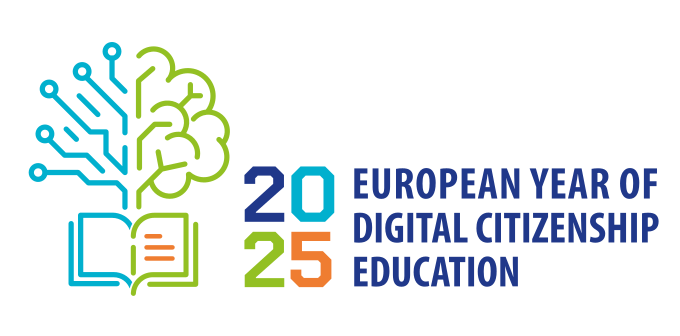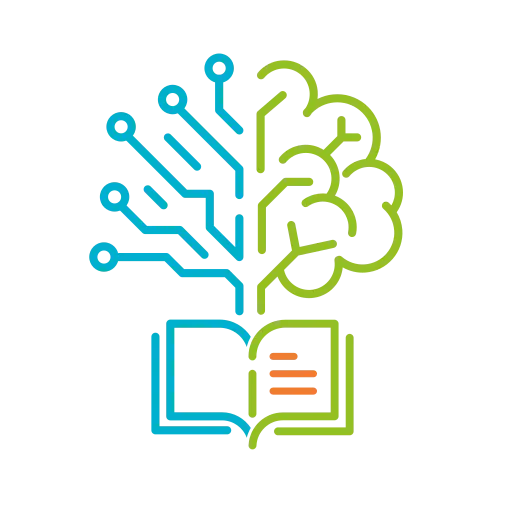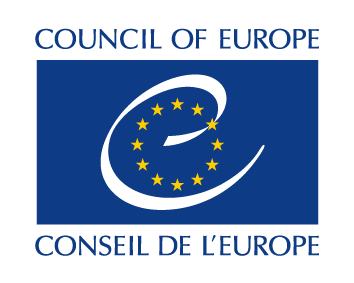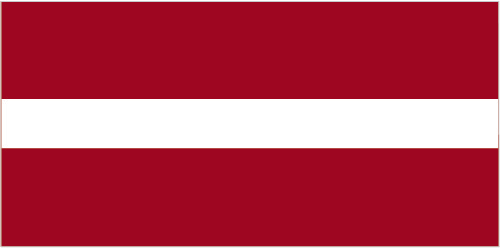1. The Digital Transformation Guidelines for 2021-2027 published by the Latvian Cabinet of Ministers focuses on five priority areas, including digital skills and education, digital security and trust (consumer data protection and secure platforms), and increasing access to telecommunications services and computing. The development of this strategy took into consideration key European policy documents, e.g. the Digital Europe Agenda and the EU Digital Strategy.
Developing Digital Skills in Education outlines the direction for developing digital skills within the education process. This includes actions to enhance digital competencies at all levels, from basic skills to high-level expertise. Objective: “4.1.1. Promoting Safe Online Practices: The guidelines include measures for digital safety and reliability, ensuring that citizens are protected against harmful content and fostering a safe online environment. Objective: “4.2.4. Innovative and Inclusive Digital Society: The guidelines aim to create an innovative digital society by leveraging digital technologies for education and ensuring inclusive access to digital tools and resources for all citizens.
2. Education Development Guidelines for 2021-2027, adopted on 22 June 2021, include the integration of education for sustainable development and global education topics in education policy, development of education process and education environment, professional development of teachers, inclusive approach, and more active involvement of stakeholders, including the local level, promoting effective use of resources and civic participation. The implementation of the Guidelines includes measuring the indicator related to the level of students’ civic competence (based on the data of the International Civic and Citizenship Education Study). The Guidelines also emphasize a balanced acquisition of skills relevant to future needs, covering both general or transversal skills (including digital skills, etc.).
The concept of digitalisation is also mentioned in the Guidelines:
- development of digital skills as a cross-cutting competence in the society;
- increasing the offer of e-learning in vocational, higher and adult education, including non-formal education;
- development and integration of digital learning management platforms, digital learning resources and support materials in the learning process, thereby creating high-performance digital educational ecosystems.
3. On January 30, 2024, the Cabinet of Ministers approved an informative report titled “Strategic Roadmap for Latvia’s Digital Decade until 2030”. This roadmap was developed by the Ministry of Smart Administration and Regional Development (VARAM) in collaboration with other relevant ministries. Latvia has prepared the informative report in accordance with the decision of the European Parliament and the Council (EU) 2022/2481, which establishes the Digital Decade policy program. This program outlines general digital objectives and targets to be achieved by 2030, monitors their progress as well as facilitates the development of multi-country projects.



